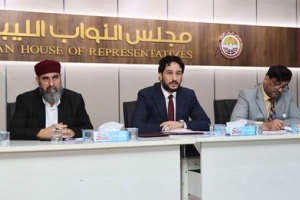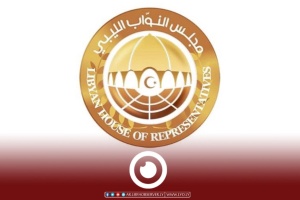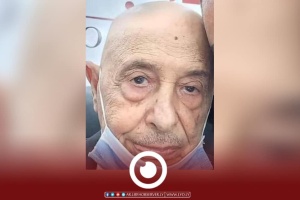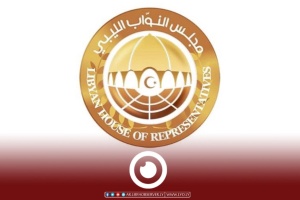The road map proposed by the Head of the Presidential Council of the UN-proposed government, Fayez Al-Sirraj, left Libyan political stakeholder split into thumps up reactions and thumps down ones, while some other stakeholders preferred to stay out of attention and keep their thoughts inaudible.
Since Al-Sirraj's put his proposal on air, only personal opinions have poured in onto social media and media outlets with no official statements made by the High Council of State (HCS), the House of Representatives (HoR) in Tobruk, and not even the UNSMIL.
Al-Sirraj said the LPA will go on until presidential and parliamentary elections take place in March 2018 and said that there will be a ceasefire across Libya, a formation of a High Council of National Reconciliation and an extension of the mandate of the UN-proposed government until a president is elected.
Singlehandedly, members of both the HCS and HoR stated their opinions through media outlets.
The HoR Speaker, Aqilah Saleh was the first to reject the road map, saying no election can be held before the completion of Libya's constitution, then he renewed his rejection of the extension of the transitional phase.
The HoR member, Saleh Hamma, seconded the road map proposal by Al-Sirraj saying it could end the political division and adding that it is a good initiative. Whereas, the member of Accord Bloc at the HoR, Miloud Al-Aswad, said they are studying the road map, adding that it is actually at odds with the LPA.
The majority of the HoR members - most prominently Ziyad Daghim, Essam Jihani, Saltana Al-Mismari, Saleh Fahima, and Jaballah Al-Shibani, said on media outlets that the road map is far-fetched and cannot be implemented on the ground as well as is at odds with the LPA, adding that it leaves spaces to be filled with nepotism and personal interests.
Ali Al-Gotrani; the boycotting member of the Presidential Council, has considered the proposal a "Muslim Brotherhood gimmick" that aims at prolonging the crisis after the control of what he described as the national army on vast area of Libya and before it continues to reach Tripoli and grab it under its grip.
HCS member, Ahmed Lanqi, said Al-Sirraj hit the nail on the head by proposing the road map as it has so far stirred the frozen political crisis, adding that it could end the prolongation policies that are prevailing on the scene.
While another HCS member, Abu Al-Qassim Igzit, welcomed the efforts that aim to end the current political limbo in Libya, saying what Libya needs is presidential and legislative elections, while another HCS member - Mousa Faraj - said the road map is useless as it complicates the current crisis more and more, adding that the Libyan people are not ready yet for elections stage.
With all the yeses and noes for the road map of Al-Sirraj, the most important comment is that of the Chairman of the High National Elections Commission (HNEC) Imad Al-Sayeh, who confirmed that the date set by Al-Sirraj for elections does not go with the necessary time for executing the electoral process.
Al-Sayeh added that to hold presidential elections alone, there must be at least five months of preparation and to abide by Al-Sirraj's date, the HNEC must start preparing from next month, which is not possible as there are many laws missing in the electoral process such as the elections law that regulates the whole process.







